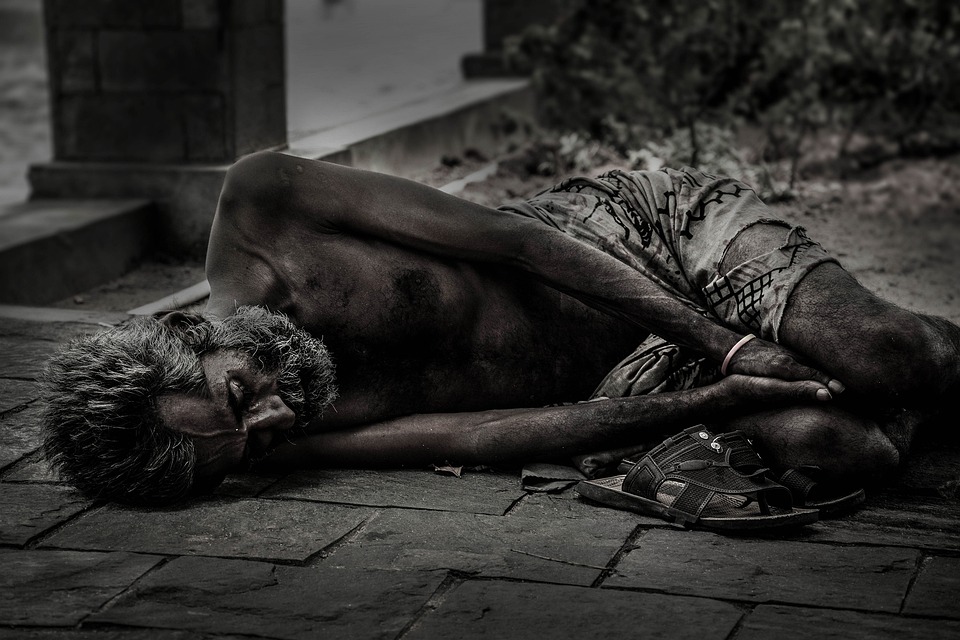I know you might have had enough from constantly hearing about” sustainability” or “save the planet.” But, for one moment, forget everything and just imagine a world that is beautiful and conscious; a world with the perfect weather; a world that’s ideal for both humans and animals; a world that’s economically and environmentally stable. Wouldn’t it feel great to live in such a wonderful place? However, the sad truth is that the world is very far away from this ideal scenario.
In fact, I’d say that the world is on fire. Australia has been burning. The coronavirus has killed more than 6 million people worldwide. Putin is adamant about destroying Ukraine. Economies are toppling and people are struggling to survive. And, this is where a sustainable lifestyle comes into play.
Sustainability is not just an environmental issue, but it’s also an economic one. While you might have access to mainstream resources like education and health care, one-fifth of the population cannot enjoy such luxury. And, unless standards of living change, these people will continue to be plagued by poverty and the unfair distribution system of this world.
To be honest, despite being conscious of the climate change, global warming and so on, I was never really concerned for the environment. I didn’t understand the need for a sustainable way of living until I learned that the art of living as God’s children requires us to observe the limits set by God and engage in sustainable living.
On several occasions, I’ve met Christian folks (even pastors) that were strikingly similar to secular climate skeptics. They have attempted to instill the fear that sustainable living is drifting away from God’s calling and leaning on neo-pagan nature worship or New Age religious views.
Let me make it clear for you: Your concern for the environment is not going to distance you from God’s purpose in your life. If we take it from a Biblical perspective, we can see that the very notion of environmentalism is the result of God commissioning His people to “steward” the earth’s resources.
So, let’s see how the Bible and the Christian faith can be of help when it comes to attaining the Sustainable Development Goals (SDGs)?
Sustainable Development Goal 1 – No Poverty
 Most people assume that Christians are poor –either because they are paying luxurious mansions for preachers or because they believe it is a part of their religious principle to be poor.
Most people assume that Christians are poor –either because they are paying luxurious mansions for preachers or because they believe it is a part of their religious principle to be poor.
That’s so not true!
Poverty is a bad thing and God wants no one to be poor. He created us and so loved us that He sent His only son to die on the cross for our sins. So, it’s obvious that He wants all of His children to enjoy a happy life.
The Bible does tell us that we should not be attached to money and seek riches. That’s because God wants our hearts to seek him first in everything. He doesn’t want us to chase after money but to put our trust in Him. However, that doesn’t mean He wants His children to live in poverty.
If you read the Bible thoroughly, you’ll find that on several occasions, God talked about prosperity. Biblical stories further tell us how God blessed His children with abundant riches and wealth. Take for example, David, the humble shepherd who became the great King of Israel or King Solomon, who inherited gold mines.
It is clear that in God’s kingdom, no one should be in need. So, let’s make this Biblical principle a social reality by the transformative power of faith in the followers of Christ.
In Proverbs 19:17, we read, “Whoever is kind to the poor lends to the LORD, and he will reward them for what they have done.”
And, in Deuteronomy 15:10, we can also read, “Give generously to them and do so without a grudging heart; then because of this the LORD your God will bless you in all your work and in everything you put your hand to.”

Exactly what I was searching for, thankyou for posting.